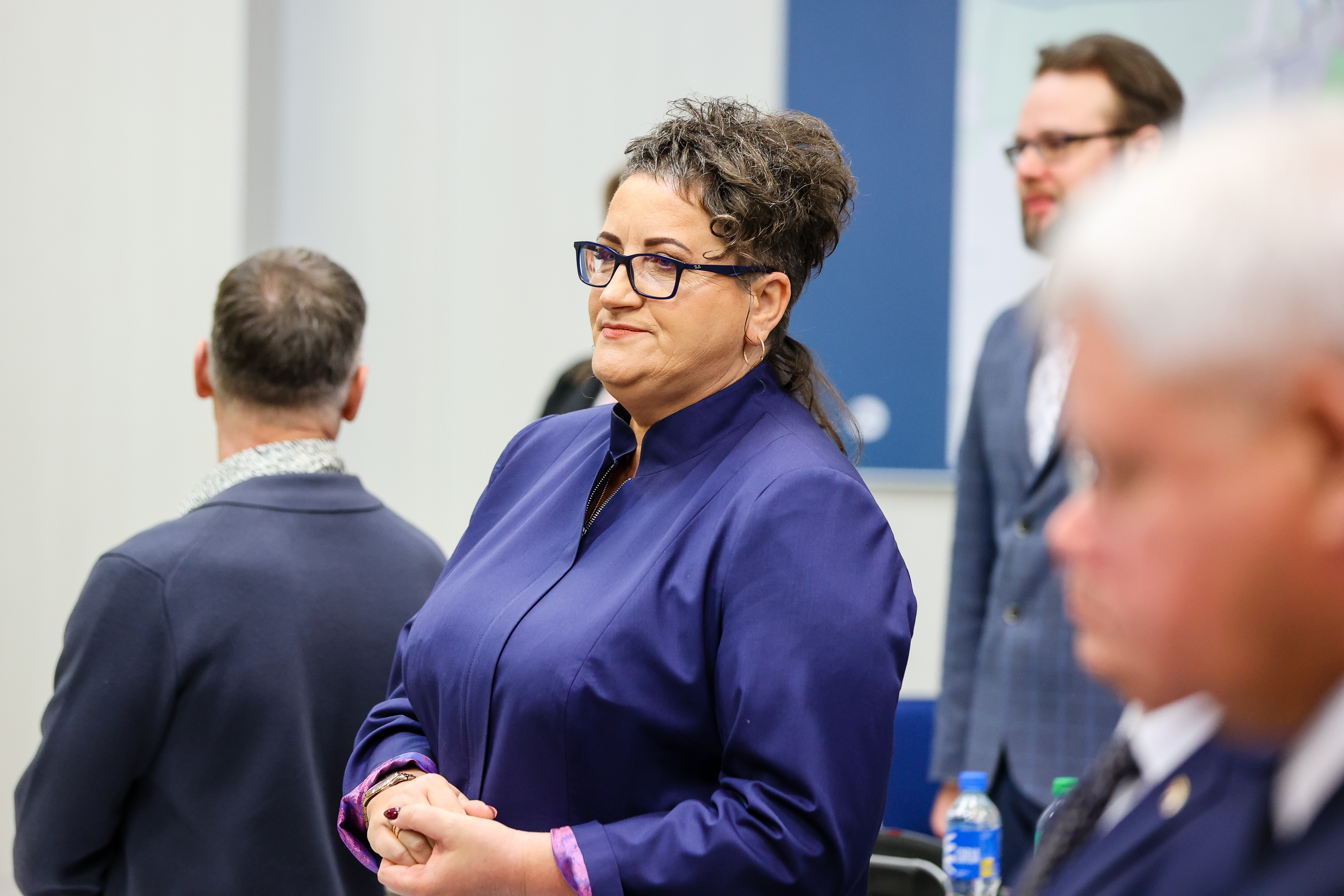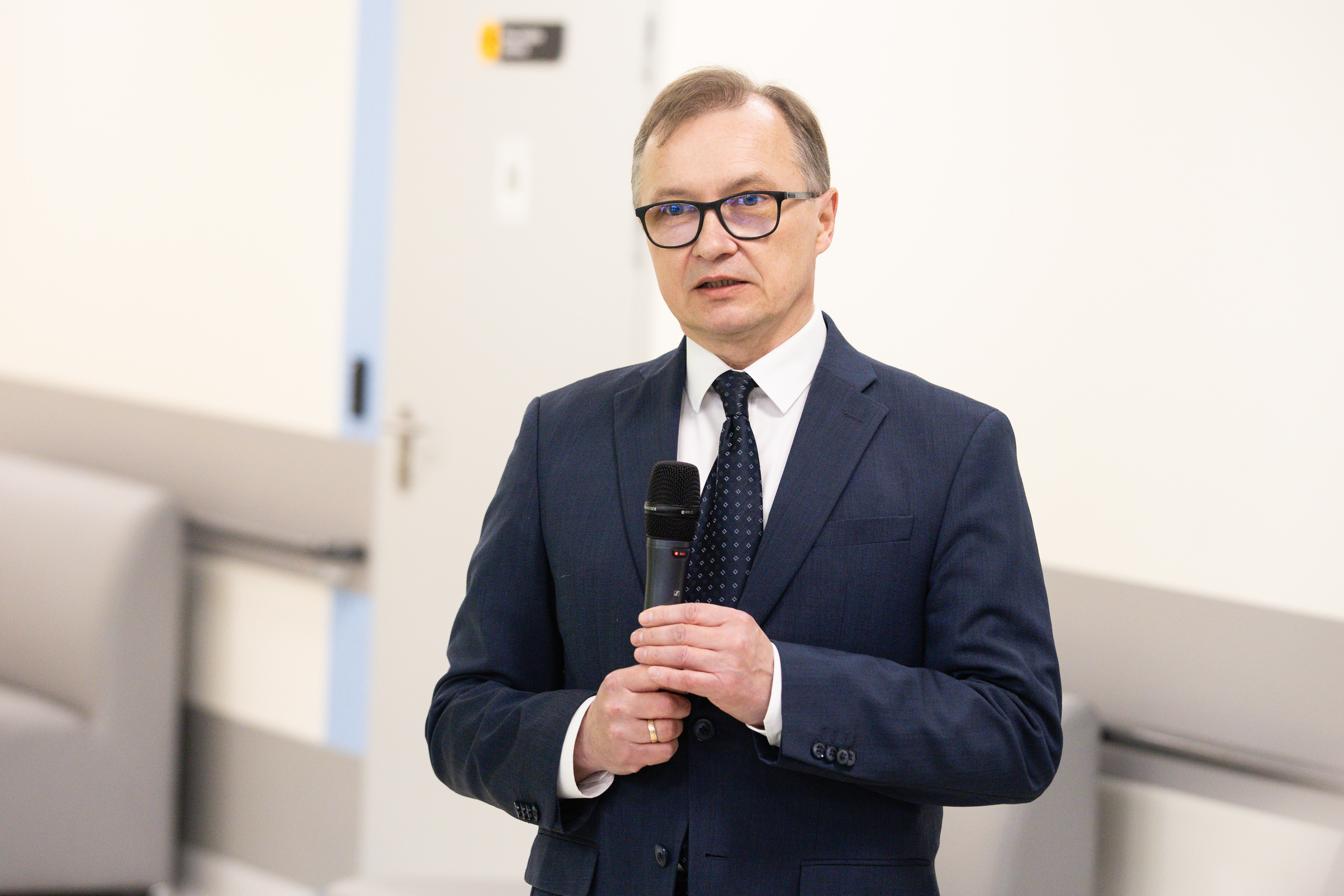Experts replied whether the new reform is in disruption of health care

According to the Prime Minister’s adviser, a decision is required to prevent public medicine from being completely collapsed. Patients pay about $ 40 million in private medicine. euros per year.
Rows to public treatment facilities have increased over the last few years due to unfairly applied law, which is based on patients asking for additional health care services, says Jelena Čelutkienė, Vice -Minister of Health.
According to the authorities, premium prohibition will strengthen state medicine and return the medical staff to it. So, what will be banned by the bonuses will increase or decrease in rows? How will this solution strengthen public medicine? Who will be with the doctors?
Lina Šukytė-Corske, Chairwoman of the Seimas Committee on Health Affairs, said she was first at the side of the patients.
« From 2018, the sickness funds have provided private clinics to get the money of the sickness funds, let’s see what has happened during this period – the more clinics, the larger the queues, patients no longer receive services. As a member of the Seimas and as a medicine, the patient’s fundament has been left as a member of the Seimas and as a medical person.
Why do your doctor or nurse who is constantly at the patient must work for € 900?
Lina Šukytė-Korsakė. Photo by T. Biliūnas / BNS
In response to the question of whether the effects of this reform would be positive, the Member of the Seimas has spoken of the heavy workload faced by the doctors.
« The doctor cannot work as much as he works today. If he works, he has to earn dignity. The state must refund the money that has not been refunded, for pupils, seniors, pensioners. If the rates are increased – we have to review the rates -, I think, little by little, ”she said.
Speaking about public institutions, L. Šukytė-Korsakė said there was no normal control.
« What it is – a splash. There is no normal control, no longer wanting doctors to be on duty at night because it is difficult. And when you go to private (office) there is no urgency, you work quietly, » said the President of the Health Committee.
L. Šukytė-Korsakė also stated that changes are needed, and there is no one reason why doctors leave a public institution to private. Still, the salary here plays one of the most important roles.
« Why do the doctor or nurse who is constantly at the patient must work for 900 euros? » She asked.
Meanwhile, the Director General of Kaunas Clinics prof. Renaldas Jurkevičius explained that the « slightly distorted hiring » of the premium was allowed.
« It is often unclear patients who have to pay for, do not have to be paid for. When they come to a medical facility and then write a check that needs to be paid, then the patient is really unclear and he is placed in this situation. In this case, all taxpayers or states are deprived. bypassing the queue.
Renaldas Jurkevičius. Photo by T. Biliūnas / BNS
Hospitals also find themselves in an unequal situation where public sector medical institutions are unable to take those premiums in an uneven competitive battle. There are seductive doctors or nurses with higher salaries from the same bonuses, which loses the opportunity to provide those services for patients who are actually waiting for a very long time, ”said Jurkevich, adding that there are as many doctors in the past years,
According to him, there should be no greater risks in the event of a draft law in the Seimas.
« As we hear from the private sector, those risks try to name the arguments that they are taken, which is said to be something, supposedly, more innovative service. It is difficult to understand such arguments from Kaunas or Santara clinics. CEO.
These new reforms will increase rows, which will increase the loads for the public sector.
According to the President of the Lithuanian Medical Movement, Auristida Gerliakienė, this reform was not considered with social partners and did not take into account their insights.
« The unconditional confidence in my own strength, despite the warnings, is puzzling me not only for me – a large part of the community, » Gerliakienė said. Meanwhile, President of the Lithuanian Physicians’ Union prof. Liutauras Labanauskas said he did not feel misunderstanding. In the reform, the professor also said he did not see any problems in the reform itself.
« These new reforms will increase the rows, which will increase the loads for the public sector. And it should be noted that about 30 % of doctors are retired, they may simply not withstand this charge, and young people who have become better to better conditions have tasted that job privately, I think they will go abroad.
However, according to L. Labanauskas, the queues should decrease after the reform.
« Premiums are not a tool that will increase or reduce rows. Rows are formed for different reasons, » said Labanauskas.
Full Report of News Radio – In the video:









